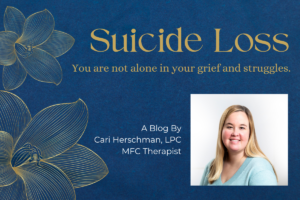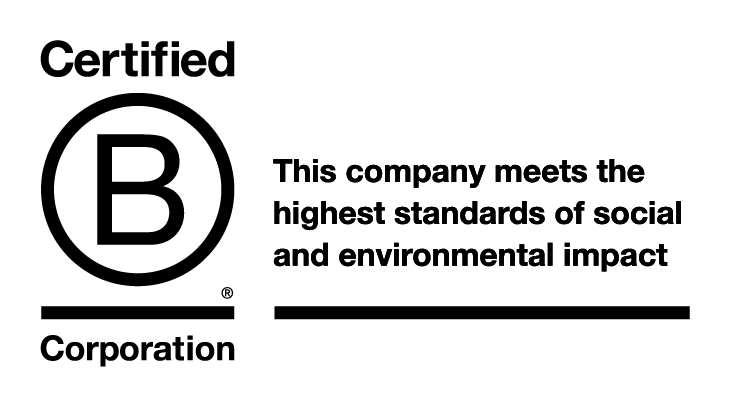Eating disorders can be deadly. They have the greatest mortality rate of any mental illness. That is why it is vital to get someone who is struggling with an eating disorder treatment as soon as possible.
But, identifying a person with an eating disorder can be difficult. Those who struggle with eating try to hide their actions. This is often due to stigma and the desire to achieve a specific body image. You might not suspect that a loved one is struggling with food and body image. Sometimes it can remain unseen until it has been several months, even years. No matter when you start to suspect that someone has an eating disorder, it is vital to point them to treatment. Seeking mental health support can help them begin to heal.
Here are some signs that someone may be hiding an eating disorder:
1.) Conversations frequently turn to weight, dieting, or an obsession with calories
Those who have an eating disorder obsess over everything they eat. From a single kernel of popcorn to a full meal, it doesn’t matter. Someone who has an eating disorder is taking note of everything they are putting in their mouth.
Without even realizing it they may mention their body in a negative way. Or, the latest diet trend they are trying every time you are with them. They can’t help it, it is always on their mind.
2.) Not eating around others, cutting food into small pieces
Eating disorder suffers are often uncomfortable eating around others. They are uncomfortable in food situations. This often causes them to avoid such situations or turn down food when offered. In group situations, they may cut their food into several smaller bites and use unnecessary condiments. Or, chew in an excessive way. They often do so to give the idea that they are eating more than they are.
3.) Social avoidance
Withdrawing from others or activities they once enjoyed can be a sign of a person is struggling. The person may feel sad or depressed, and not feel great about who they are and what they look like. Plus, they aren’t likely not feeling up to participating in many group functions. As mentioned above, they are also uncomfortable in situations where eating may take place. Is someone you care for is withdrawing from activities they once enjoyed? If so, it is worth a conversation to check-in. You may even be able to suggest counseling or therapy resources.
4.) Mood changes
When we don’t get enough calories we need for our body to function at its best, we experience a drop in blood sugar. As a result, we become crabby and irritable. It happens to us all at some point. But, when it becomes more frequent it can be cause for concern.
5.) Frequent trips to the bathroom and overeating
Someone who often overeats and then rushes to the bathroom to vomit may be struggling with Bulimia Nervosa. Especially if they feel stressed. You may notice that a person often goes to the bathroom after a meal or binge eats often. These may be signs they are struggling.
6.) Obsession with exercise
Exercise is great but there is such thing as too much exercise. A person who is struggling with their body image may stick to a rigid exercise schedule. Or, exercise too much. If it becomes an obsession or a task they are not willing to miss on occasion, that could be a sign it is a problem.
7.) Health issues
Eating disorders can lead to several health problems. They usually aren’t as obvious that they are food, or lack thereof, related at first. Excessive drying of the skin, acne issues, throat, and stomach issues, bruising, and general weakness can all be signs of an eating disorder. A person struggling with Anorexia Nervosa may often experience episodes of fainting due to their limited calorie intake.
These are just a few of the many signs that a person may be struggling with an eating disorder.
Getting Help
Do you suspect someone is struggling with an eating disorder? If so, you must approach them with caution and sensitivity. Avoid mentioning things like weight loss or appearance. Plus, do your research ahead of time. Have a plan in place of how you may assist them in getting help. Direct them to a trained professional.
At Move Forward, we have counselors who are specifically trained in helping clients with eating disorders. We serve clients from around the state of Pennsylvania through online therapy. No matter if you live in Lancaster, Hershey, Philadelphia, Pittsburgh, Williamsport, York, Harrisburg, or beyond.
Ready to Begin Online Therapy for Eating Disorders in Pennsylvania?
At Move Forward, our professionally-trained and licensed counselors have openings. Call our office at 717-462-7003×1. You’ll speak to our administrative assistant to get started to feel better. You can get the tailored help you need right now from our Hershey, PA-based counseling practice. To start eating disorder treatment, follow these steps:
-
Talk with our staff and let them know you’re interested and meet with an expert therapist
-
Start overcoming your eating disorder
Other Services Offered at Move Forward Counseling
Eating disorder treatment isn’t the only service offered at Move Forward Counseling. We offer support for teens, adults, couples, the LGBTQ community, and more. Mental health services offered include treatment for depression, anxiety, trauma, and postpartum therapy. We also offer CBT, DBT, and online therapy. Learn more about us by visiting our blog or by contacting us today!



























